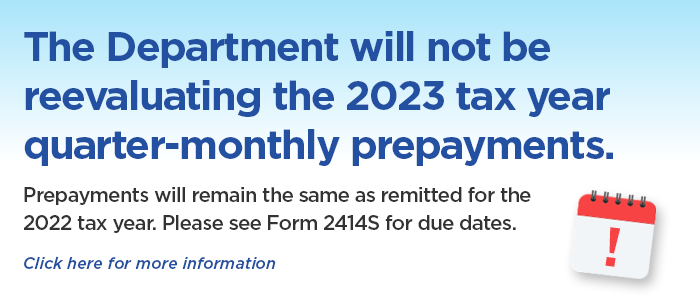The Tax Implications of Starting Your Own Business
Posted on 22-01-2023 08:54 PM

Starting your own business is an exciting venture, but it's important to understand the tax implications of this decision. From self-employment taxes to deductions and credits, there are a variety of tax rules and regulations that apply to small business owners. Here's a breakdown of some of the tax implications of starting your own business.
Self-Employment Taxes: Self-employed individuals are responsible for paying self-employment taxes, which include Social Security and Medicare taxes. Self-employment taxes are calculated as a percentage of your net income from self-employment, and are generally higher than the taxes paid by employees.
Deductions and Credits: Small business owners may be eligible for deductions and credits, which can lower their tax liability. For example, small business owners can deduct certain business expenses, such as office supplies, rent, and equipment. Additionally, small business owners may be eligible for credits, such as the Small Business Health Care Tax Credit or the Work Opportunity Tax Credit.
Income Taxes: Small business owners are responsible for paying income taxes on their business income. This includes income from sales, services, or investments.
Sales Taxes: Small business owners may be required to collect and remit sales taxes on their sales. The rules and regulations surrounding sales taxes vary by state, so it's important to be aware of the sales tax laws in the state where your business is located.
Payroll Taxes: If you have employees, you are responsible for paying payroll taxes, which include Social Security, Medicare, and unemployment taxes. These taxes are generally calculated as a percentage of the employee's wages.
Retirement Plan: Small business owners may be eligible to set up a retirement plan, such as a SEP IRA or Solo 401(k), which can provide tax benefits for both the business owner and the employees.
In conclusion, starting your own business comes with a variety of tax implications, such as self-employment taxes, deductions, credits, income taxes, sales taxes, payroll taxes and retirement plan. It's important to be aware of these tax rules and regulations, as they can have a significant impact on the financial success of your business. It's also important to be aware of the tax laws and regulations in the state where your business is located, as they may vary. Seeking professional help can ensure that you stay compliant with tax laws and regulations and can help you take advantage of deductions and credits that can lower your tax liability. Additionally, setting up a retirement plan can provide tax benefits for both the business owner and the employees.